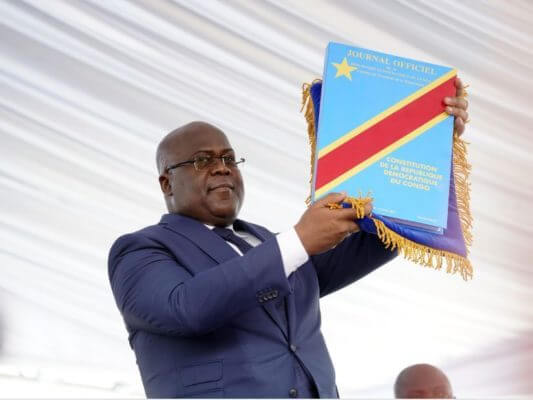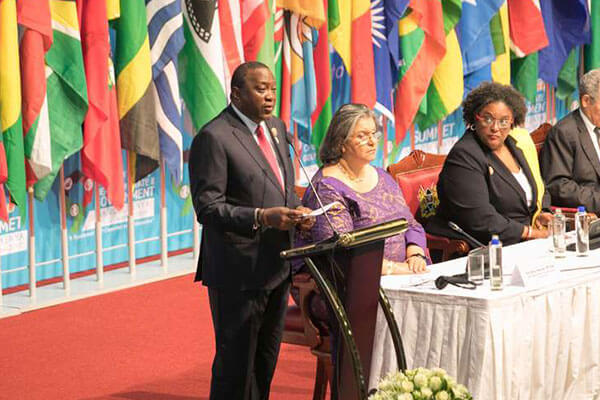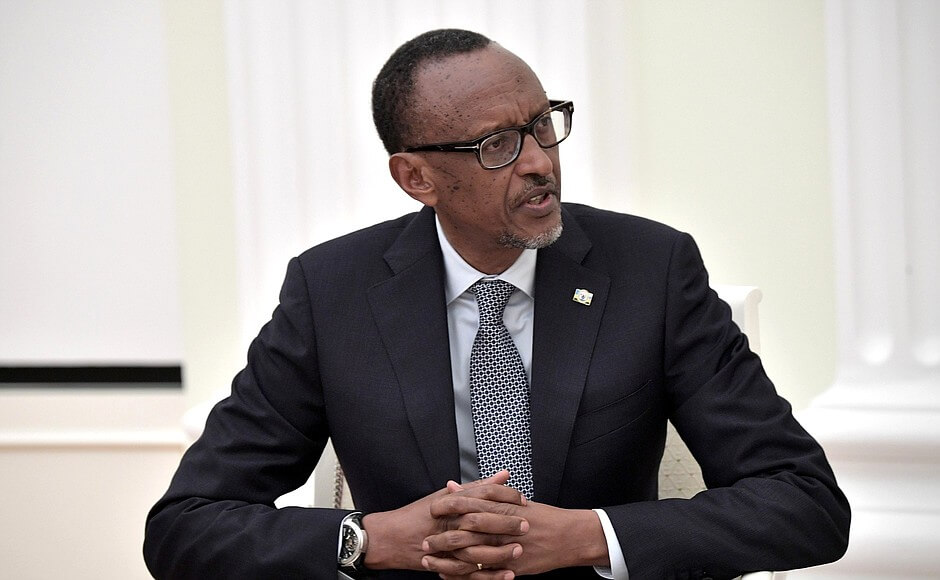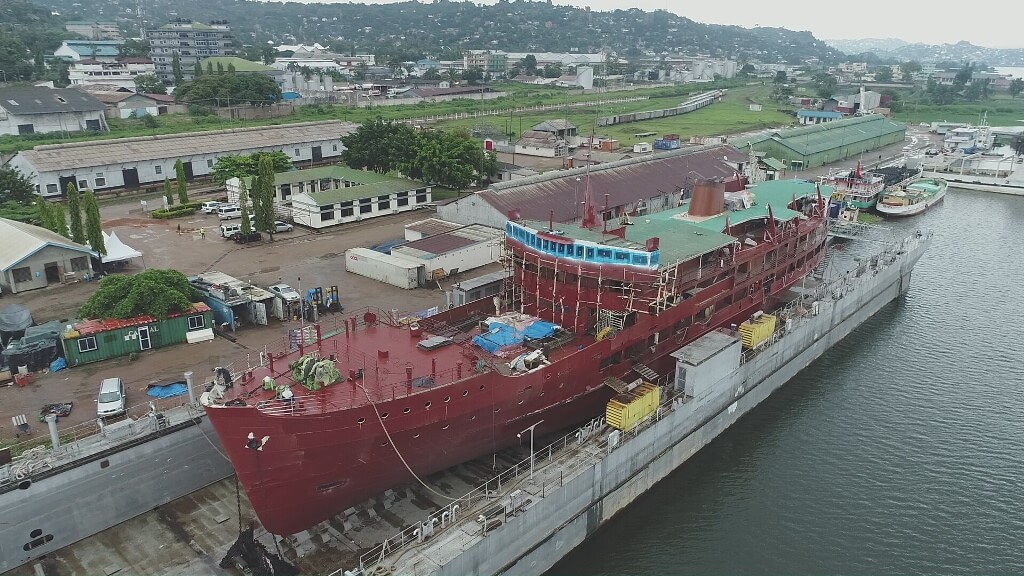Trade between the East African Community partner states is projected to grow by between five to eight per cent annually if countries fully implement joint policies and regulations, exploit individual competitive edge and eliminate non-trade barriers. Speaking at the bloc’s 20th anniversary, Nicholas Nesbitt, the chairman of the East African Business Council said East Africans, especially private sector players, now need to reflect on how far they have lived up to the ethos of regional integration. EAC is one of the continent’s fastest-growing regional blocs, registering an economic growth of 5.7 per cent in 2018. “The private sector should be a key partner in the integration process, providing the agenda for economic and social integration but most important, the region should look to becoming a single trading bloc,” said Mr Nesbitt, adding that both the partner states and private sector should expedite the domestication and implementation of harmonised policies. He commended the progress made so far in the improved movement of goods and people because, “starting with the informal sector, it is now easier to access cross border markets; work permit restrictions have been relaxed and professionals and companies are able to expand and establish their customer base.” However, he said intra-EAC trade volumes have not reached desired levels, at just 12 per cent, yet it has the potential to grow at between five and 10 per cent annually. Source: The East African
Growth of intra-EAC trade ‘down to joint policies’
Posted on: December 16, 2019
Posted on: December 16, 2019




















